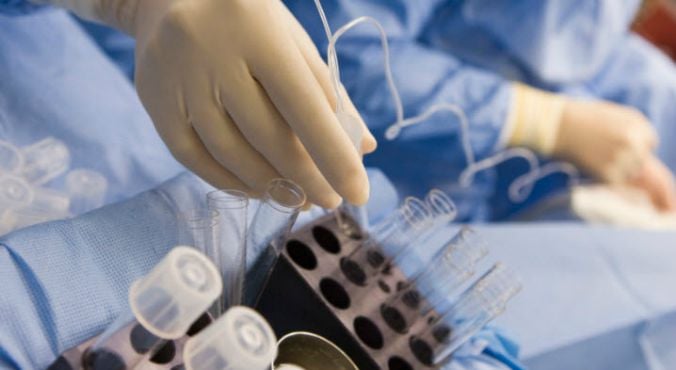
Image: iStock.
Egg freezing has become quite the watercooler conversation starter this year.
With US tech giants Apple and Facebook announcing plans to financially contribute to employees’ fertility treatments, and last week’s Sunday Night programme profiling the growing number of ‘career women’ freezing their eggs to delay motherhood and pursue professional opportunities, it’s become a fascinating, controversial topic.
At this stage, you probably have a few questions about how it all works and how effective it really is. We did too, so we took them to Associate Professor Peter Illingworth, the Medical Director of IVF Australia, to find out more.
Is egg freezing popular in Australia?
“There’s been a steady growth as more women consider the option of freezing their eggs, but it’s still not a large number of women in Australia who are taking this option up,” Professor Illingworth says.
“The main reason why a woman would do this is so she can have some spare eggs as a backup, should she not be in a position to fall pregnant by herself at an age when it’s practical.”
What are the most common reasons for doing it?
In the vast majority of cases, egg freezing is being undertaken by women who are about to begin chemotherapy for cancer, or who have other medical conditions that can potentially damage their fertility, like endometriosis. This gives them a better chance of pregnancy at a later stage.
However, Professor Illingworth says there have been more women coming forward to discuss the option for non-medical or 'social' reasons. This might be career-motivated, but primarily it's single women who are concerned they might be they might not be in a relationship with the right partner by the time they're ready to have children or when their fertility begins to naturally decrease.